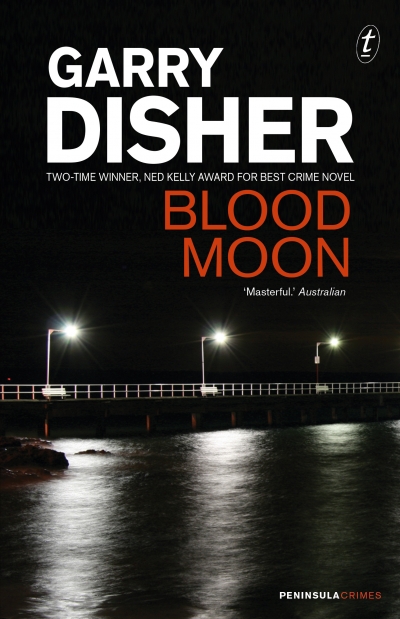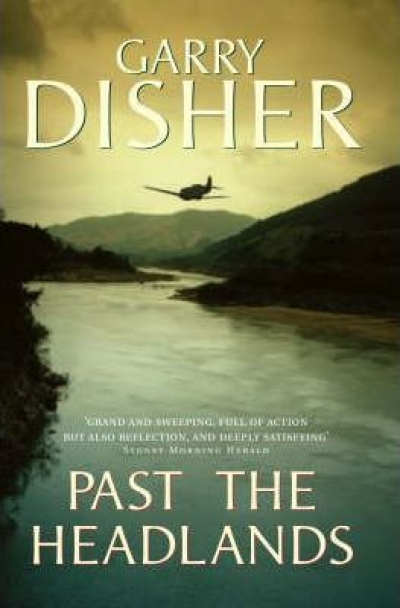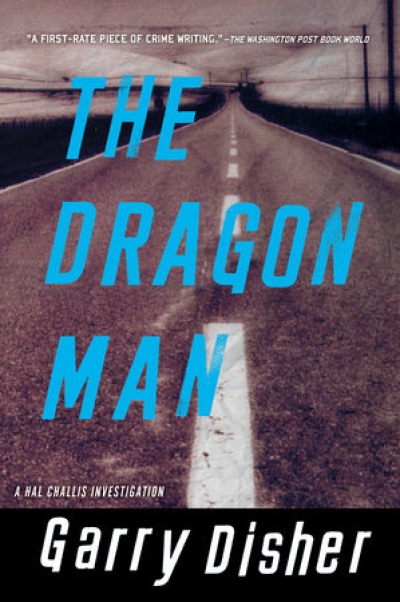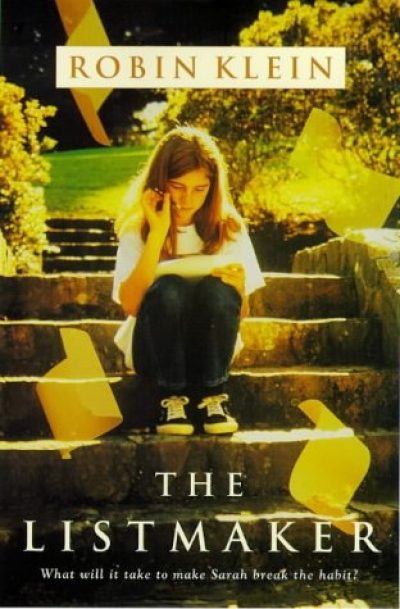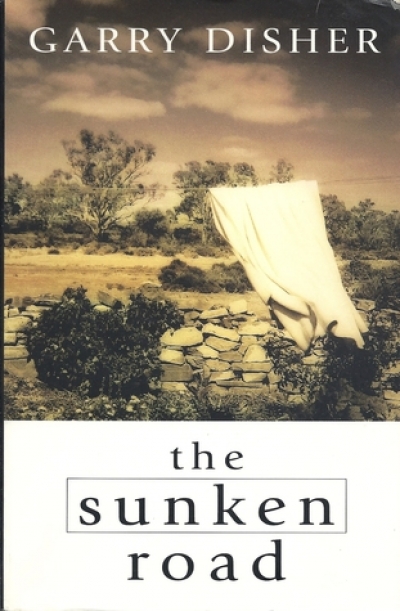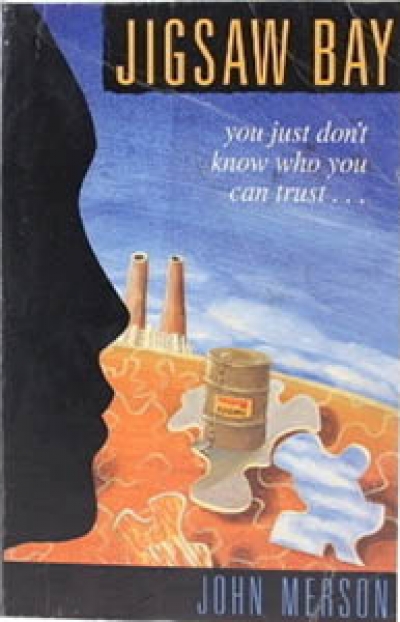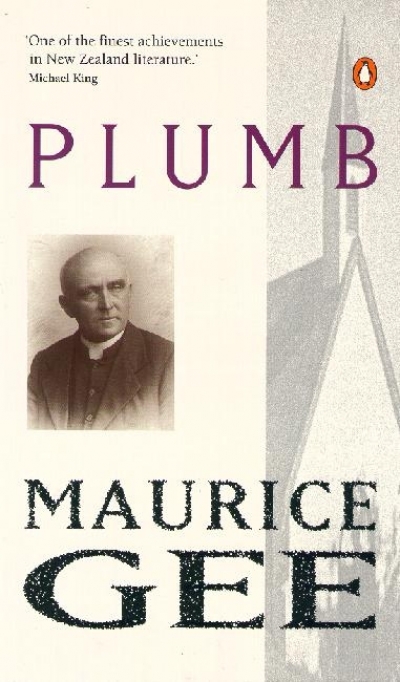Garry Disher
Straight, Bent and Barbara Vine by Garry Disher & Raisins and Almonds by Kerry Greenwood
The Listmaker by Robin Klein & The Apostle Bird by Garry Disher
Garry Disher: The Sunken Road is a so-called literary novel. I find that I’m a bit typecast, Garry Disher the crime writer or Garry Disher the children’s writer. A lot of the fiction I’ve written is so-called more literary in nature. This is my big book, up to date, if you like. It’s a novel set in the wheat and wool country in the mid-north of South Australia where I grew up. It’s a story of the region and of a family and of a main character called Anna Tolley. I tell this story in a series of biographical fragments around a theme like Christmas, or love, or hate, or birthdays. And each fragment takes a character from childhood to old age. And I repeat this pattern right through the book and certain secrets are revealed or come to the surface through this repetition. So at that level I suppose it’s a linear story, but the structure’s not all that linear. In terms of structure it’s an advance for me, or an experiment.
... (read more)
